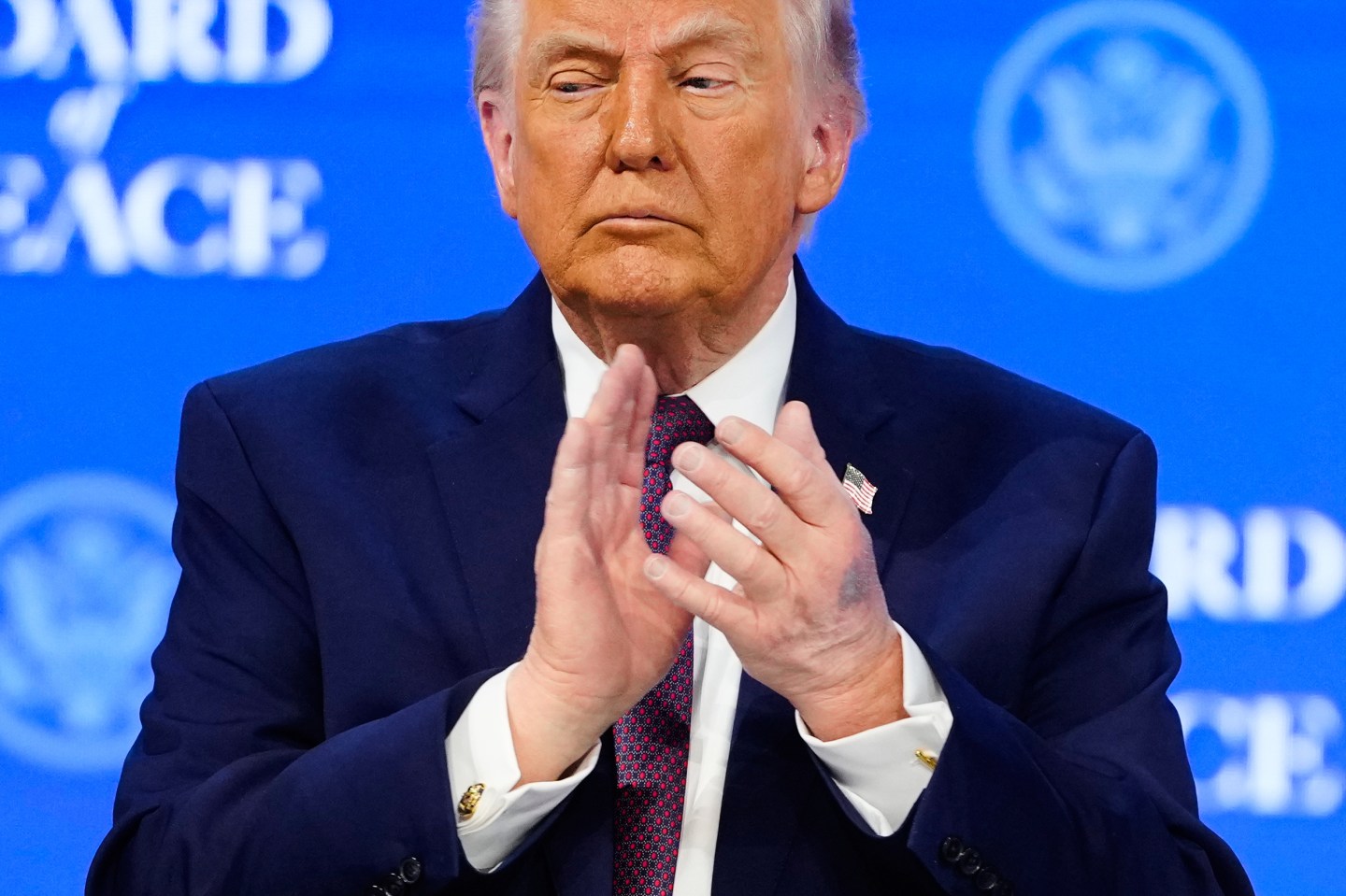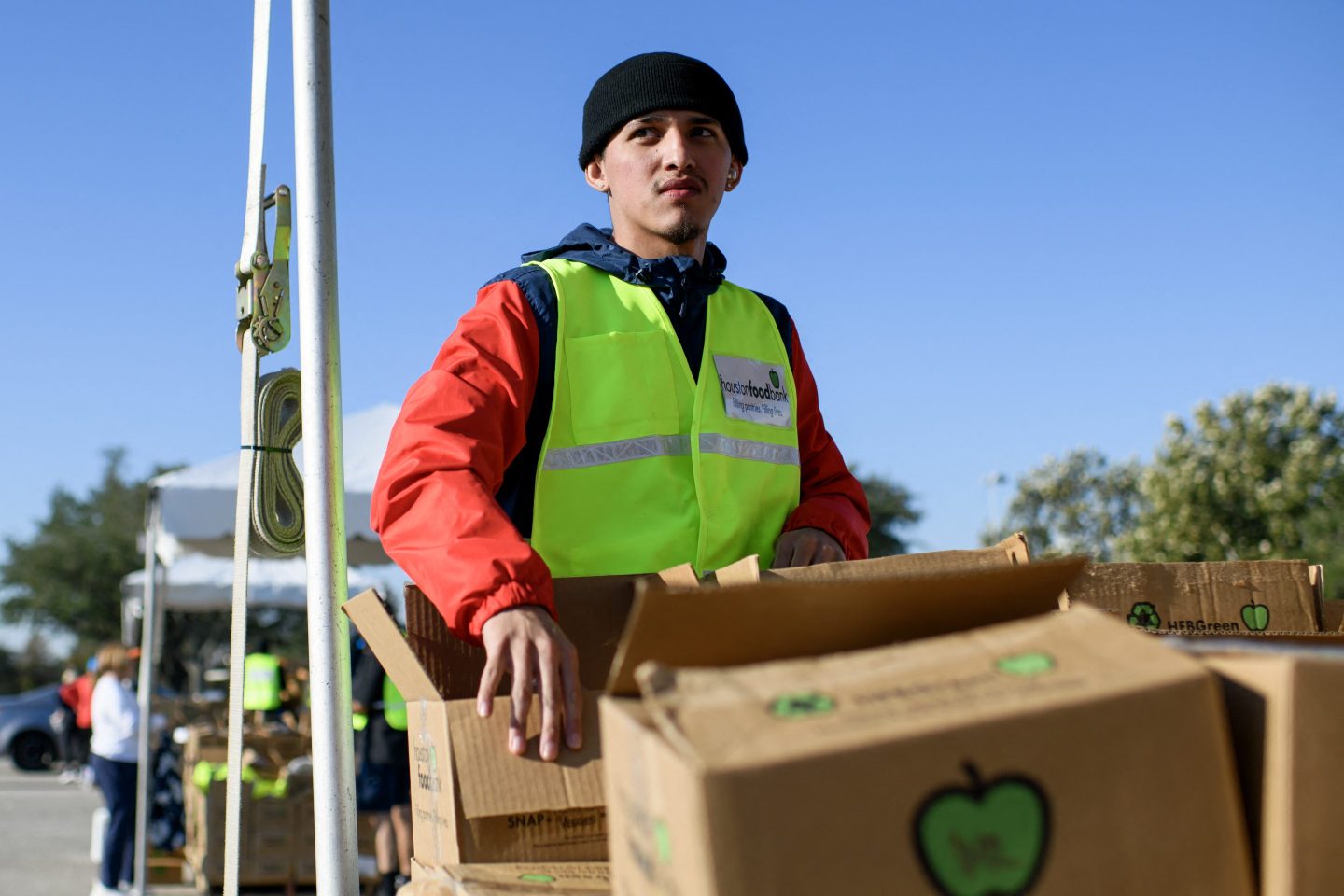A slew of impending patent expirations could take a significant bite out of several pharma giants’ bottom lines this year, according to information compiled by analytics firm Dickson Data and flagged by FiercePharma.
Merck (MRK), Novartis (NVS), Bristol-Myers Squibb (BMY), and Eli Lilly (LLY) are all facing the patent cliff on important medications.
Click here to subscribe to Brainstorm Health Daily, our brand new newsletter about health innovations.
Merck has the most at stake: no less than four of its $500 million-per-year drugs have patents expiring in 2017. These treatments—antibiotic Invanz, cholesterol-fighter Vytorin, the antifungal Cancidas, and another anibiotic called Cubicin—totaled $3.8 billion in 2015 revenues for Merck, or 10% of its total 2015 sales (Vytorin and Cubicin are both blockbuster therapies with more than $1.1 billion in annual sales).
Other major therapies that will lose their IP protection include Novartis’ Sandostatin LAR, a $1.6 billion-in-sales acromegaly and severe diarrhea treatment, Bristol-Myers’ $1.14 billion HIV medicine Reyataz, and Lilly’s $700 million ADHD drug Strattera.
As Dickson notes, once a drug faces generic competitors on the market, its sales drop by a staggering average of 90% thanks to significantly lower-cost alternatives. The aforementioned products are facing impending competition from a range of companies including Pfizer (PFE) subsidiary Hospira, Teva (TEVA), Sun Pharma, and Mylan (MYL).
These branded medications aren’t the only ones that will be facing more and more competition in the coming years.
The recent advent of biosimilar drugs in America – or therapies that mimic brand name “biologic” treatments that tend to be extremely pricey and the best-selling treatments in the world – could start making things a little more difficult for flagship medicines like AbbVie’s (ABBV) and Amgen’s (AMGN) respective top sellers Humira and Enbrel. Those two products raked in $23 billion in global 2015 sales alone.












